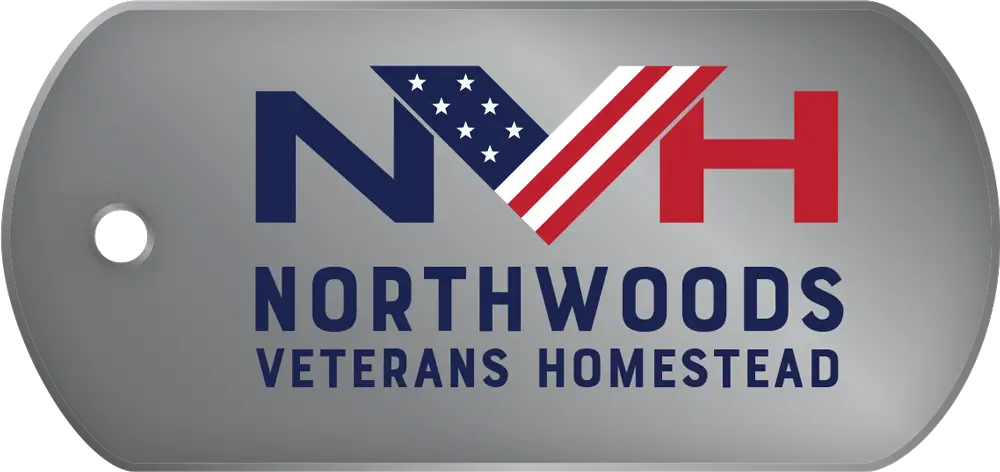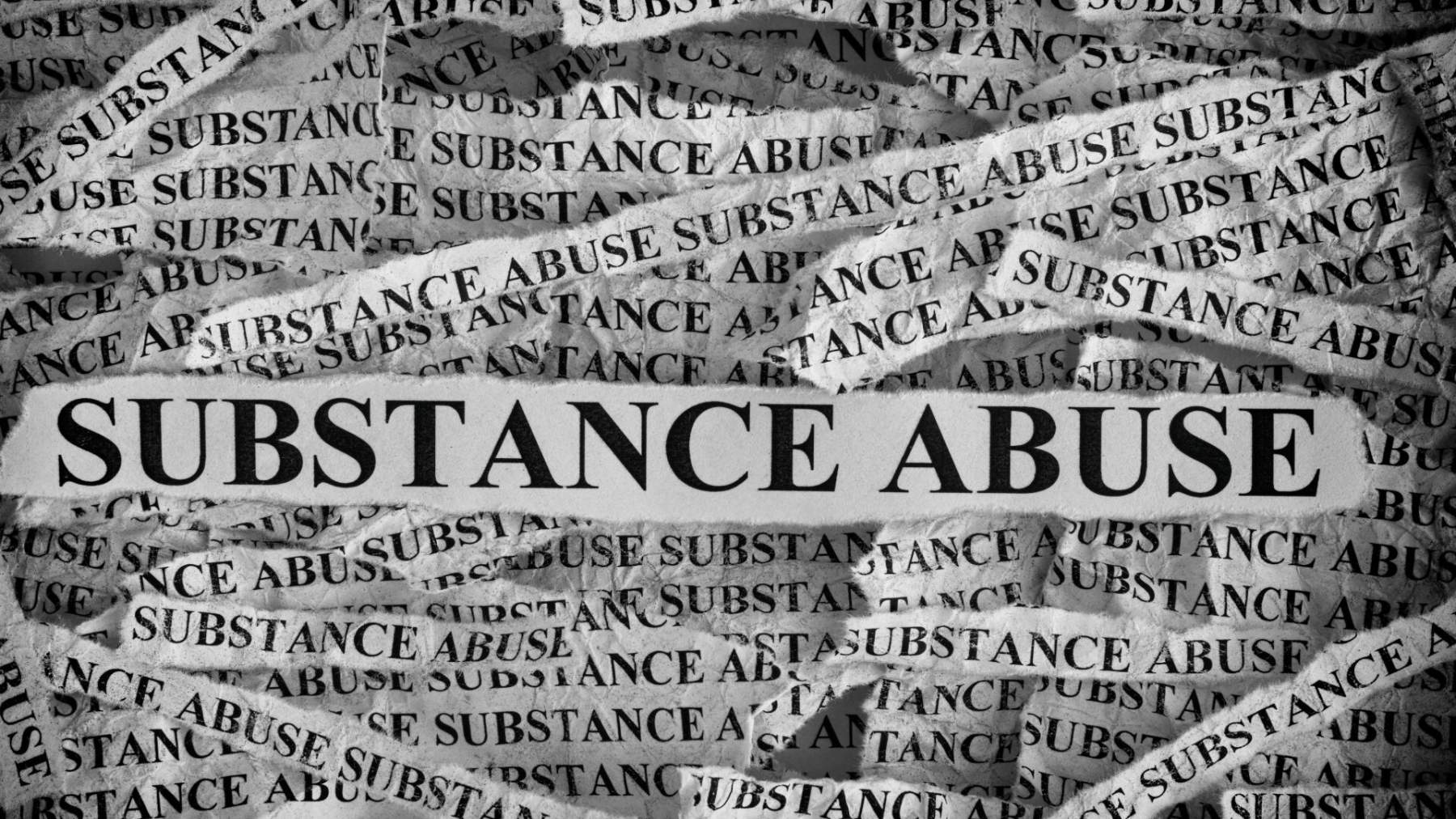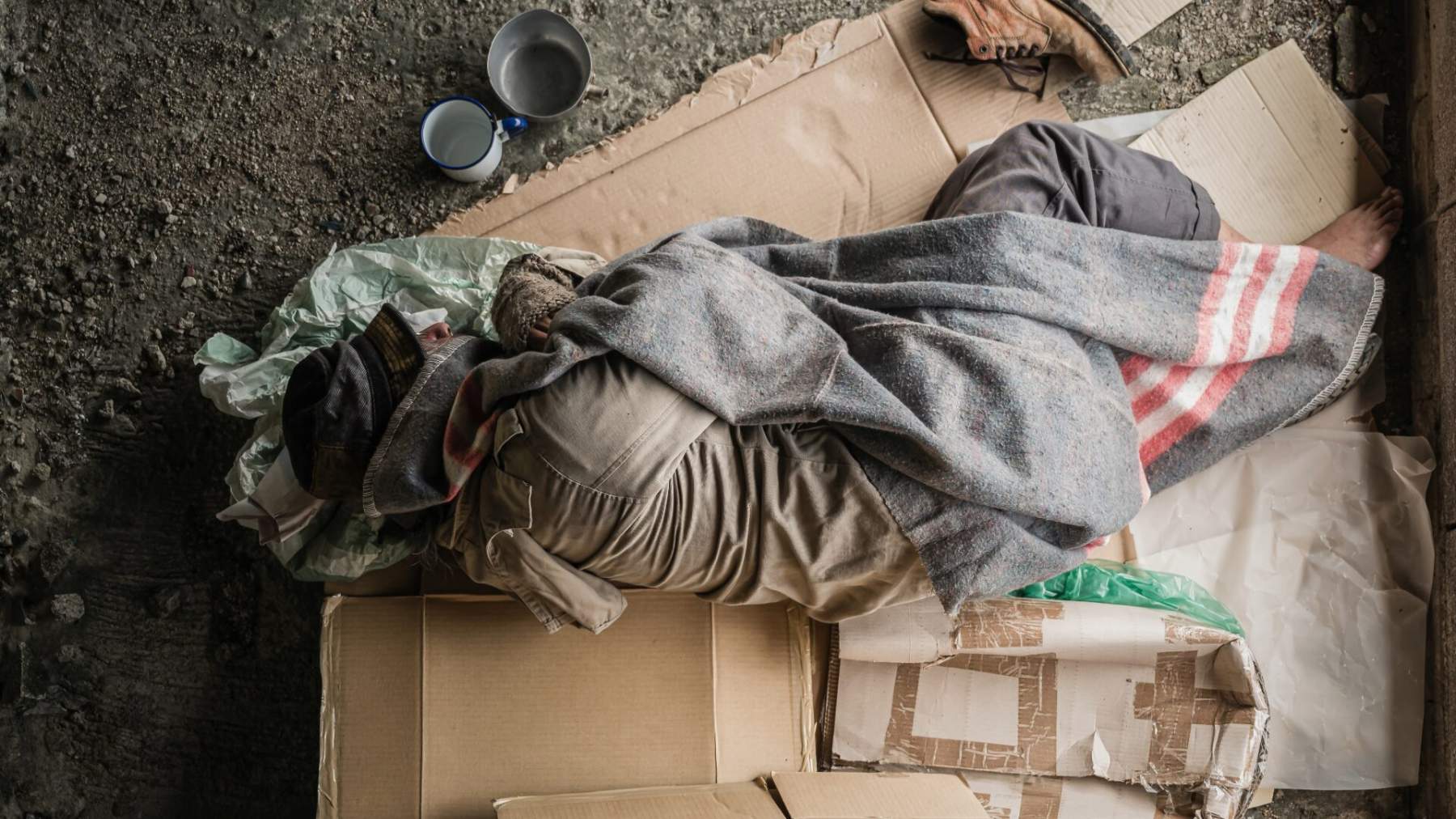Explore Comprehensive Resources for Veterans at Northwoods Veterans Homestead
Welcome to the Northwoods Veterans Homestead Resources page, a hub of essential support and information tailored to veterans’ needs. Our commitment goes beyond gratitude; we’re dedicated to offering a wide range of resources to empower veterans in various aspects of their lives.
Health and Wellness
Discover a collection of health and wellness resources designed to enhance veterans’ overall well-being. From specialized medical care to fitness programs promoting physical vitality, our resources aim to support veterans’ health journey.
Education and Skill Development
Education is a lifelong pursuit, and our resources reflect that belief. Access educational opportunities, skill development programs, and resources for pursuing higher education. Expand your knowledge and grow personally and professionally.
Financial Guidance
Achieve financial stability with our comprehensive financial resources. Gain insights into managing finances, understanding veterans’ benefits, and planning for the future. Our resources are designed to help veterans navigate the complex financial landscape.
Counseling and Mental Health
Prioritize your mental and emotional health with our counseling and mental health resources. Find support for post-service challenges, stress management, and overall well-being. Our resources offer a safe space to address your mental health needs.
Community Engagement
Connect with fellow veterans and the community through our community engagement resources. Participate in events, workshops, and support groups that foster camaraderie and shared experiences. Build connections that last a lifetime.
Family Support
We understand the importance of family support. Explore resources that cater to veterans’ loved ones, providing assistance and guidance for families navigating the veteran’s journey.
Easy Resource Access
Navigating our resources is simple and intuitive. Use our user-friendly interface to explore the diverse range of support available. We’ve organized the resources for easy access, ensuring you find what you need quickly
At Northwoods Veterans Homestead, we’re committed to empowering veterans with resources that contribute to personal growth, resilience, and an improved quality of life. Dive into our offerings and embark on a journey of enrichment and support uniquely tailored to your experience as a veteran. You’ve dedicated yourself to our nation; let us dedicate ourselves to your well-being.
Veterans Crisis line - available 24/7
If you’re currently experiencing an urgent crisis and require immediate support, reach out to the Veterans Crisis Line at 988, followed by pressing 1, or send a text to 838255.
Helpful Resources for Veterans
- The Center for Veteran’s Issues (CVI)
- US Department of Veteran Affairs Crisis Hotline
- U.S. Department of Veterans Affairs
- Wisconsin Department of Veterans Affairs
- Racine Community Foundation – Racine, WI
- Racine County Veterans Services
- Kenosha County Veterans Services
- Union Grove Clinic
- HALO Inc.
- Planning For Life After Discharge
- Transition to Civilian Life
- Best Jobs for Returning Service Members
- ASVAB Resources
- Commercial Capital Training
- How Does Trauma Affect Sleep?
- Common Sleep Disorders in Veterans
- The Link Between PTSD and Alcoholism
- Active Duty & Military Veterans: Treating Alcohol Abuse and Trauma
- Substance Abuse Resources for Veterans
- Veteran Addiction Treatment
- Locate The Best Inpatient Drug Rehab Center
- Luxury Rehab Center Options for Veterans
- Veterans and Mesothelioma
- 50% to Mesothelioma Lawsuit Guide
- Doc’s Vet Site
- Senior Housing & Living Options for Veterans
- Surviving Spouses Resources
- VA Loans & What You Need to Know
Articles for Veterans
Frequently Asked Questions
How can I refer a veteran in need to services?
If you know a veteran in need, encourage them to contact:
- The National Call Center for Homeless Veterans at 1-877-424-3838.
- Their local VA medical center or community-based outreach program.
How can communities help prevent veteran homelessness?
Communities can support veterans by:
- Promoting affordable housing initiatives.
- Offering employment and vocational training opportunities.
- Supporting mental health and substance abuse treatment programs.
- Partnering with veteran-focused organizations to provide wraparound services.
How does veteran homelessness differ in rural vs. urban areas?
Veterans in rural areas often face unique challenges, such as:
- Limited access to VA facilities and support services.
- Greater distances to affordable housing and employment opportunities. In urban areas, issues like higher housing costs and overcrowding contribute to homelessness.
How does veteran homelessness impact families?
Veteran homelessness often affects entire families, particularly for female veterans who are single mothers. Children in these families may face instability, interrupted education, and emotional distress.
How successful have efforts been in reducing veteran homelessness?
Since 2010, veteran homelessness has decreased by nearly 50%, thanks to collaborative efforts between the Department of Veterans Affairs (VA), HUD, and local organizations. However, sustained investment and innovation are needed to continue progress.
What are the key barriers to ending veteran homelessness?
Challenges include:
- Insufficient affordable housing.
- Limited funding for support services.
- Stigma around seeking help for mental health and substance use issues.
- Coordination gaps between agencies and organizations.
What can individuals do to help homeless veterans?
You can:
- Donate to or volunteer with organizations that assist homeless veterans.
- Advocate for policies that address affordable housing and veteran services.
- Educate others about the challenges veterans face.
- Hire veterans or support veteran-owned businesses.
What is the "functional zero" goal for veteran homelessness?
Functional zero means that homelessness is rare, brief, and non-recurring. For veterans, it signifies a system where every veteran experiencing homelessness has immediate access to permanent housing and supportive services.
What is the current state of veteran homelessness in the United States?
As of the most recent reports, approximately 33,000 veterans experience homelessness on any given night in the United States. This number has declined significantly in the last decade due to increased government and community efforts, but challenges remain.
What programs are available to help homeless veterans?
Several federal, state, and local programs assist homeless veterans, including:
- HUD-VASH (Housing and Urban Development-Veterans Affairs Supportive Housing): Provides housing vouchers and support services.
- Grant and Per Diem (GPD) Program: Funds community-based organizations to provide transitional housing.
- Supportive Services for Veteran Families (SSVF): Offers rapid rehousing and homelessness prevention assistance.
- Veterans Justice Outreach (VJO): Helps veterans involved with the criminal justice system access housing and services.
What role does mental health play in veteran?
Mental health is a significant factor in veteran homelessness. Conditions such as PTSD, depression, and anxiety can make it difficult for veterans to maintain stable employment and housing. Access to mental health care is crucial for prevention and recovery.
Where can I learn more or get involved?
- The VA Homeless Programs Office: va.gov/homeless.
- The National Coalition for Homeless Veterans: www.nchv.org.
- Local veteran service organizations and community shelters.
Why are veterans at risk of homelessness?
Veterans face unique challenges that can increase their risk of homelessness, including:
- Post-traumatic stress disorder (PTSD) and other mental health conditions.
- Physical injuries or disabilities sustained during military service.
- Difficulty transitioning to civilian life.
- Lack of affordable housing.
- Unemployment or underemployment.




